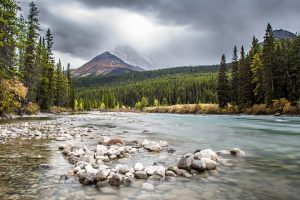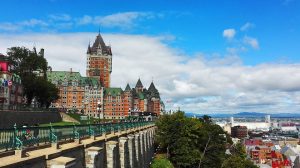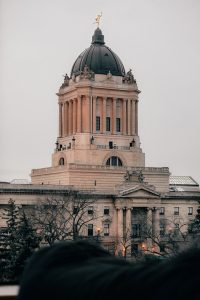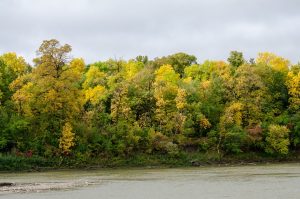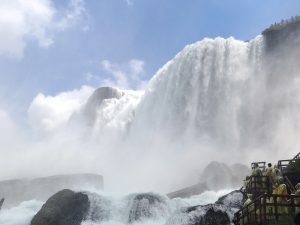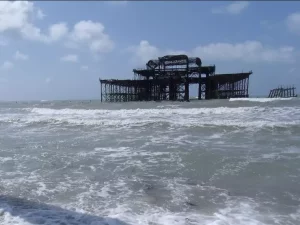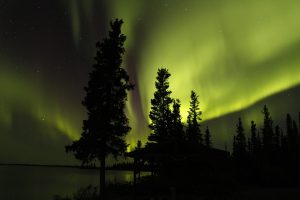Brief History of Lethbridge
Located in the province of Alberta in Canada, the city of Lethbridge has grown steadily ever since its founding as a mining town in the late 19th century. In 1883, Elliot T. Galt had a vision of a prosperous coal mining operation in the area. A year later, Galt’s dream was realized, and the North Western Coal and Navigation Company was established. Named in honor of William Lethbridge, an investor in Galt’s mining ventures, the city experienced a significant economic shift in the 20th century from coal-driven to a diverse economy encompassing various sectors, including agriculture, education, and retail.
Geographical Location and Climate
Lethbridge is located in the Southern Alberta region of Canada. Nestled near the eastern edge of the Canadian Rockies, it enjoys an attractive environs as it lies in the heart of the Oldman River Valley. The city enjoys a temperate climate, with warm summers and mild winters, thanks to its semi-arid climate status. This geography uniquely positions Lethbridge as a wind energy capital, boasting the highest wind electricity potential in the country.
Population and Demography
As of the 2019 Municipal Census, the city of Lethbridge was home to over 101,482 residents. The city boasts a diverse population, with a vibrant community including English, Scottish, Irish, German, and Dutch ethnicities. The city is also the commercial hub for the surrounding farming community.
Founding of the City and Its Historical Development
The founding of Lethbridge city dates back to the 19th century. Initially, an important coal-mining town, Lethbridge’s economy has since diversified. Today, it’s an important regional service city, mainly for Southern Alberta. Over the years, Lethbridge has witnessed significant transformations characterized by major milestone events, including the construction of Fort Whoop-Up, the arrival of the Canadian Pacific Railroad, and the establishment of some of the key cultural institutions.
Cultural Events and Festivals
Culturally, Lethbridge city is adorned with a rich tapestry of festivals and events. Major cultural events include the Jazz and Blues Festival, the Lethbridge Electronic Music Festival, and Word on the Street Festival focused on literary arts. The city also hosts Whoop-Up Days, a festival dating back to the era of fur trading forts.
Museums, Theaters, and Galleries
A host of museums, theaters, and galleries make Lethbridge a hub of art and culture. The city boasts the Southern Alberta Art Gallery, the Galt Museum & Archives reflecting area’s history, and the dramatic Yates Memorial Centre. Each establishment has its own unique offerings that contribute meaningfully to the cultural fabric of the city.
Universities and Scientific Institutions
Lethbridge is a city of learning, hosting two major institutions of higher education: The University of Lethbridge and Lethbridge College. These institutions offer a wide range of programs and research opportunities, contributing significantly to the city’s intellectual life and economy.
Libraries and Research Centers
As an intellectual hub, Lethbridge is home to several libraries and research centers. The Lethbridge Public Library is a notable institution, offering vast resources for the community. The city is also home to many research institutions, including the Alberta Terrestrial Imaging Centre and the nearby Agriculture and Agri-Food Canada Research Centre.
Significant Landmarks and Monuments
Lethbridge city boasts several significant landmarks and monuments, most notably the High-Level Bridge – popularly known as the Lethbridge Viaduct. It’s the largest railway structure in Canada. Other notable landmarks include the Fort Whoop-Up and the Helen Schuler Nature Centre.
Parks, Gardens, and Open Spaces for Recreation
The city is endowed with numerous parks and recreational spaces, including the iconic Henderson Lake Park, Indian Battle Park, and the Nikka Yuko Japanese Garden. These facilities provide splendid spots for residents and visitors to enjoy outdoor activities and experience the city’s natural beauty.
Public Transportation and Transportation Infrastructure
Lethbridge has a well-established transportation infrastructure, with the Lethbridge Transit offering public buses across the city. The city is also notable for its well-structured bike lanes, supporting an active cycling culture for commuting and leisure.
Airports, Rail, and Bus Stations
Lethbridge is served by the Lethbridge Airport, offering flights to numerous destinations. The city also has a well-connected rail system and two major Bus stations, namely the Lethbridge Greyhound Bus Terminal and Lethbridge Regional Park ‘n’ Ride Transit Terminal.
Stadiums and Sports Facilities
In terms of sports, the city offers incredible facilities like the ENMAX Centre, a popular venue for concerts and hockey games, and the Spitz Stadium, a famous baseball venue. The city also hosts many golf courses, swimming pools, and gyms.
City Attractions at a Glance
- North Western Coal and Navigation Company Historic Site
- The Canadian Rockies
- Jazz and Blues Festival
- Lethbridge Electronic Music Festival
- Word on the Street Festival
- Whoop-Up Days Festival
- Southern Alberta Art Gallery
- Galt Museum & Archives
- University of Lethbridge
- Lethbridge College
- High-Level Bridge (Lethbridge Viaduct)
- Fort Whoop-Up
- Helen Schuler Nature Centre
- Henderson Lake Park
- Indian Battle Park
- Nikka Yuko Japanese Garden
- The Lethbridge Public Library
- Lethbridge Airport
- ENMAX Centre
- Spitz Stadium
